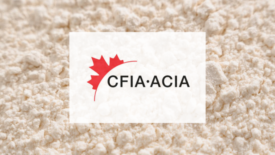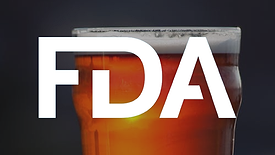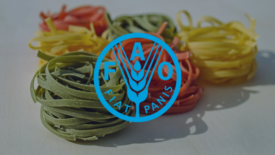Regulatory
Guiding Principles of Shellfish Safety
The harvest, holding, transport, and sale of shellfish are tightly regulated in the U.S. to reduce the risk of foodborne illness to consumers
April 10, 2023
Recall Regulatory Partners' Efforts to Improve Integration Expands Nationwide
The 2022 Recall Integration Partnership Project expanded upon critical state and federal partnerships to improve response capabilities during recall events
April 7, 2023
Never miss the latest news and trends driving the food safety industry
eNewsletter | Website | eMagazine
JOIN TODAY!Copyright ©2024. All Rights Reserved BNP Media.
Design, CMS, Hosting & Web Development :: ePublishing






.png?height=168&t=1661887788&width=275)


